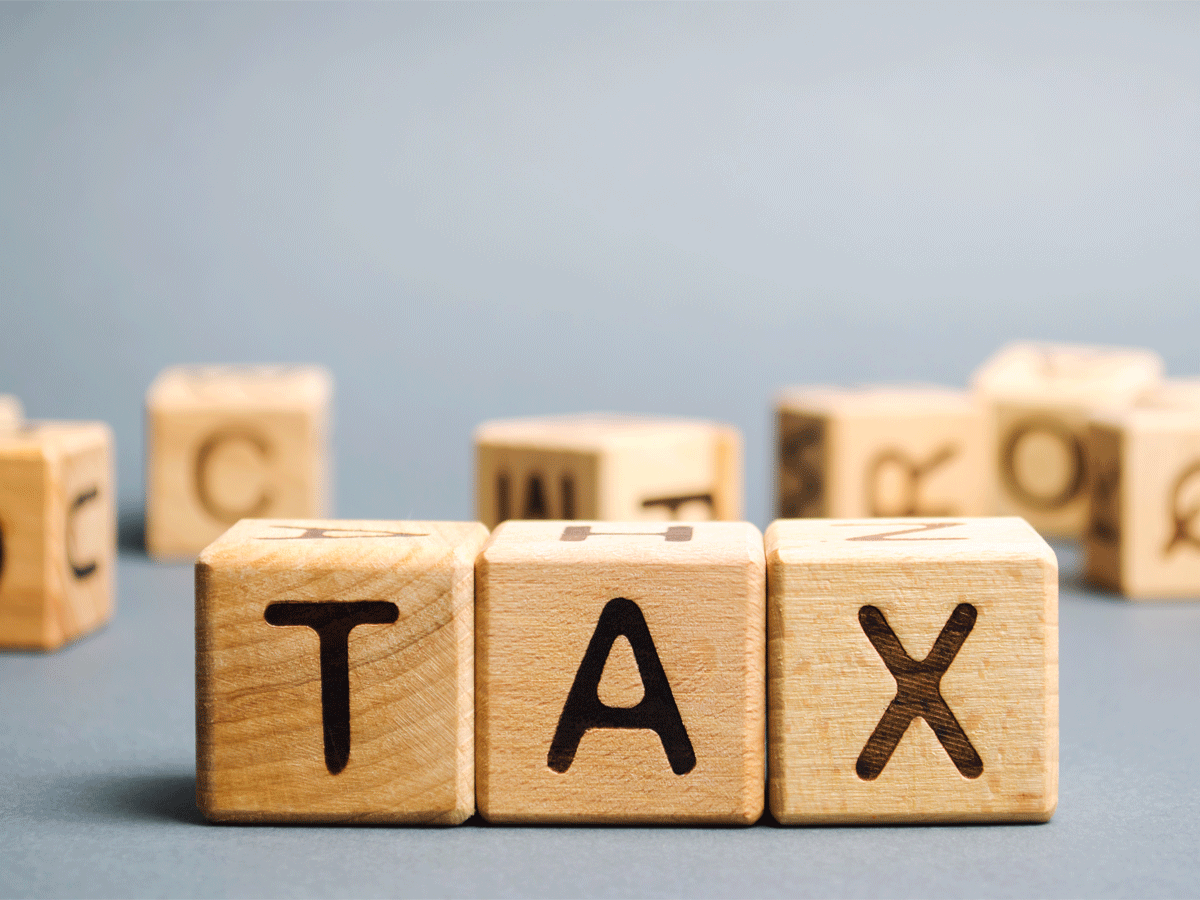
- October 20, 2022
- atass
- 0
Before you can pay taxes in the UK, you need a national insurance number. Furthermore, you may also need to apply for a Skilled Worker visa (formerly Tier 2 visa). Now that the UK has left the EU, this also applies to citizens of the European Economic Area (EEA). The deadline to apply for the free EU Settlement Scheme was 30 June 2021, but there are a few cases in which you can apply after the deadline.
What is income tax?
Income tax is the tax you have to pay the government based on your yearly income. Most income is subject to income tax, including income from employment, self-employment, private and state pensions, investments and property rental. Income from certain savings products, and many state benefits, are not subject to income tax.
If you’re self-employed, you’ll pay taxes on any profit you make. This includes income from products and services that you sell online. You do not have to pay tax on all types of income.
Who pays income tax?
Income tax applies to most types of income, including the salary you earn from your job, profit earned from your business, pensions, and even the rent you receive if you’re a landlord. Corporations, estates, and other types of entities are also required to pay tax on their profits.
You might not have to pay income tax on all your income, because most people qualify for one or more types of tax-free allowances or tax relief. An allowance is the amount of taxable income you can earn before paying income tax.
Tax in the UK
Before you can pay taxes in the UK, you need a National Insurance number. Furthermore, you may also need to apply for a Skilled Worker visa (formerly Tier 2 visa). Now that the UK has left the EU, this also applies to citizens of the European Economic Area (EEA). The deadline to apply for the free EU Settlement Scheme was 30 June 2021, but there are a few cases in which you can apply after the deadline.
Income tax rates in the UK
The following table shows the income tax rates in the UK, which are based on how much you earn in the tax year 6 April 2022 to 5 April 2023.
Income tax band | Taxable income | Tax rate |
Personal allowance | £0 – £12,570 | 0% – No income tax payable |
Basic rate | £12,571 – £50,270 | 20% |
Higher rate | £50,271 – £150,000 | 40% |
Additional rate | Over £150,000 | 45% |
What are tax-free state benefits?
Tax-free state benefits are benefits that you can earn without having to pay income tax. Most common state benefits you do not have to pay Income Tax on are:
- Universal Credit
- Child Tax Credit
- Housing Benefit
- Pension Credit
- income-related Employment and Support Allowance (ESA)
- Disability Living Allowance (DLA)
Self-employed
If you earn untaxed income as a self-employed individual or from rental properties, it’s important to complete and submit a self-assessment tax return every year before the deadline. If you don’t, you could be subject to penalties.
When do I need to submit my tax return?
If you need to do a tax return, the deadline for submitting it for the UK tax year 2021/22 (6th April to 5th April) is midnight on 31st October 2022 if you’re submitting your return on paper, or 31st January 2023 if you’re submitting your return online.
The deadline to pay your tax bill for 2021/22 is on 31st January 2021.
Company taxes and Vat rates in the UK
Businesses operating in the UK must pay corporation tax on any profits accrued. For the year 2022/23, the normal rate of corporation tax is 19%. A lower rate of 10% is applied when the profits can be attributed to the exploitation of patents, while specific corporation taxes apply in certain cases.
In general, companies operating in the UK will also need to charge and pay VAT at 20%, although there are some exceptions. VAT returns must be filed every month or every three months, depending on the size of the company.

